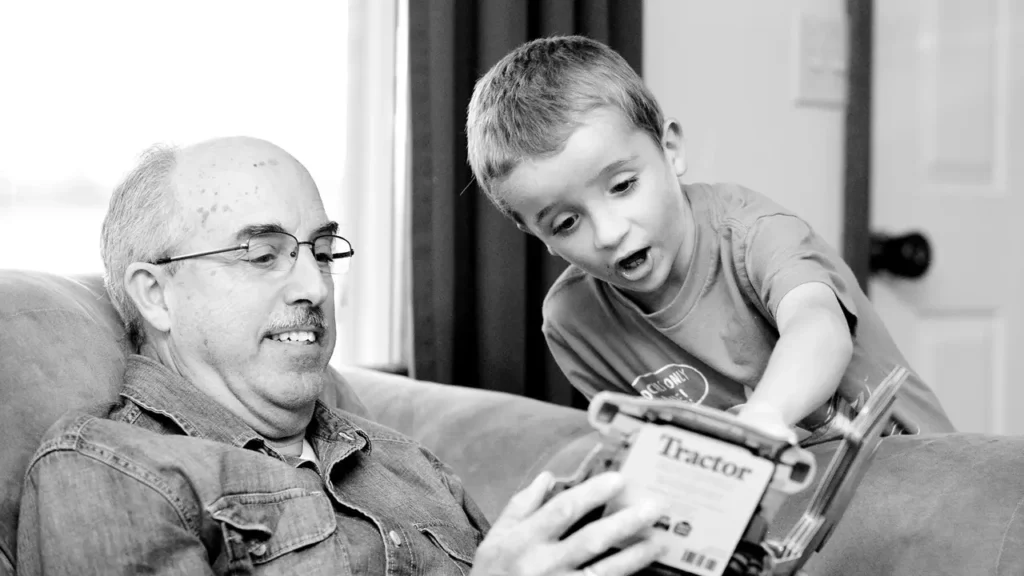You still want to explore. You want to move, see, taste, and try. But going alone doesn’t feel right. That’s where group travel comes in.
Group travel gives you structure. It gives you people to talk to. It gives you safety. But if you do it wrong, it can leave you tired, stuck, or frustrated.
This guide fixes that. You’ll learn how to travel in a group without stress. You’ll know what to ask, what to pack, and what to skip. And you’ll leave with real, useful tips you can use today.
Not all group trips are the same. Some move fast. Some are slow. Some are fun but crowded. Others are calm and quiet.
You need to ask: How much walking will there be? Are there breaks between places? Will I share a room or have my own? These are not small questions. They shape how you feel each day.
Read the full trip schedule. Look at the start time, meals, and transport. Make sure there’s rest built in. Some tours try to do too much in one day. That’s not smart—it’s stressful.
If the company doesn’t give full info, ask for it. If they don’t answer well, find another group. The right group will match your pace. That’s what makes it work.
Choose People and Places That Fit You
You don’t have to go on every trip someone suggests. You don’t have to say yes because others are going. Travel is personal. What feels exciting for one person might feel exhausting for someone else.
Pick a group that matches your energy, your values, and your comfort zone. If you enjoy quiet mornings, don’t go with a group that starts each day with loud group chants or early hikes. If you enjoy slow meals and deep conversation, avoid groups that rush from one place to the next without pausing to sit down.
Match the trip to your interests. Do you love history? Then pick a tour that visits local landmarks and tells stories. Do you enjoy nature? Then skip the city-focused trips and look for garden walks or coastal drives. If you enjoy crafts or food, choose tours that build that in. This one decision shapes your whole experience.
Before you sign up, talk to the trip leader. Ask direct questions. How big is the group? How much free time will you get? Will meals be together or separate? Are there chances to step away from the group without feeling left out? These answers matter more than price or location.
Also ask how decisions are made during the trip. Is there a clear daily schedule? Can you choose to skip parts of the day? Do people travel all together, or do they split into smaller interest groups? The more freedom you have to move at your own pace, the better you’ll feel.
Emergencies happen. You need to know the plan. Ask if someone in the group is trained in first aid. Ask if hotel addresses and local contacts will be shared ahead of time. What happens if a flight is delayed? What happens if you feel unwell? A group that has clear safety steps shows they care. That makes you feel more secure.
Also, ask if the group has rules. Some travel groups are strict about time. Some don’t allow alcohol. Some have quiet hours or shared duties. These rules may help or hurt your experience, depending on your comfort level. You need to know them before you go—not halfway through the trip.
Try to make a personal connection before the trip starts. Ask the organizer for contact info of someone else going. Start a simple chat. Say hello. Tell them what you’re looking forward to. That tiny step builds trust. It makes the first day of travel feel familiar, not strange.
And if you’re traveling with strangers, set a goal for yourself: get to know at least one person in the first two days. Talk to them at lunch. Ask them what brought them here. You don’t need to become best friends. But a friendly face in the group gives you peace, comfort, and joy in unexpected moments.
If the group starts to feel too loud or fast, don’t be afraid to take breaks. You are allowed to skip parts of the schedule. You are allowed to eat alone one evening. You are allowed to do what makes you feel balanced. A good travel group respects that.
At the end of the day, travel should refresh you—not drain you. The right people bring out your best. The right places keep you interested. The right choices keep you safe. Put those three together, and the trip becomes more than a vacation. It becomes a true highlight in your life.
Pack Smart, Pack Light, and Pack for You
Here’s the mistake people make: they overpack and still forget what they really need. That makes the trip hard from day one.
Start with this rule: if you can’t carry it up three steps without help, don’t bring it. Use a soft bag with wheels. Make sure you can lift it onto a bed or a rack. No one wants to wait for help every time the group moves.
Bring fewer clothes, but the right ones. Use layers. Bring shoes that you’ve already walked in for many days. New shoes can ruin a trip fast.
Put your medicines in your carry-on. Not your suitcase. Bring extra—two more days than the trip lasts. Add a simple list of your prescriptions. That helps if anything goes missing.
Also bring copies of your passport, ID, and insurance. Carry one copy. Leave one at home with someone you trust. And yes, use a small waist bag or neck pouch for travel days. Keep your ID and money close to your body.
One more thing: bring something small that gives you peace. A photo. A soft scarf. A small book. Group trips can feel noisy. You’ll want a moment to breathe.
This may be the most important part. Say what you need. Don’t wait. Don’t suffer in silence.
If the bus ride is too long, ask for a stop. If the room is too cold, ask for a blanket. If the food doesn’t work for your health, tell someone. That’s not rude. That’s smart.
You have every right to speak. This is your trip too. Don’t let discomfort grow into pain. Fix things when they are small. That keeps your energy up and your mood steady.
Some people feel nervous about asking. They don’t want to be “a problem.” But silence doesn’t help. Clear words do. Say, “I need to rest for this part,” or “Can someone help me with this step?” Most people want to help. They just need to hear you say it.
Also, check in with others. If someone seems off, ask how they are. That simple moment can build a real bond. It turns a group into a support system. And that’s one of the best parts of travel.
Make the Trip Yours
You are not just a tourist checking places off a list. You are a person on a journey. You have the power to shape how the trip feels—every single day. This is your experience, not someone else’s. Own it.
Start by paying attention to small moments. Instead of rushing to the next famous landmark, pause to notice the sunrise, the smell of fresh bread, or the sound of birds outside your window. Take photos of moments that make you smile—a friendly face, a flower by the path, a shadow on the wall. These pictures will bring back feelings later, not just memories of places.
Find quiet times for yourself. Sit in the sun for a few minutes before breakfast. Let the warmth settle into your body. These small rests help keep your energy steady all day long. Bring a small journal and write a few thoughts each night. It doesn’t have to be long or fancy—just enough to capture how you feel, what you see, and what you learn.
Remember, you have the right to say no. You don’t have to visit every stop on the itinerary. If you feel tired or overwhelmed, skip one tour or walk. Use that time for a slow cup of tea or a short nap. This balance helps you enjoy the whole trip, not just part of it.
Look for moments that bring you joy. Order a dessert you don’t get at home. Laugh when the guide tells a joke that doesn’t quite land. Join the group if there’s music, even if you don’t dance often. These small actions make the trip richer and more fun. They bring lightness to the day.
Most travelers don’t plan for the end of the trip. Here’s a tip: start winding down two days before it finishes. Get extra sleep. Eat simple, healthy food. Take time to reflect on what you’ve done and felt. This helps your mind and body adjust gently, so you don’t come home feeling exhausted or rushed.
When you return, give yourself a soft landing. Don’t dive back into chores or errands right away. Take a day to rest your feet. Drink plenty of water. Look through your photos slowly. Share stories with friends or family. Talking about the trip keeps the joy alive and makes the memories stronger.
This “soft landing” is as important as the trip itself. It helps your body recover from travel. It helps your mind hold on to what made the journey special. This way, your trip stays with you longer and makes you feel alive even after you’re home.
Travel is more than seeing new places. It’s about living fully in each moment. When you make the trip yours, it becomes a true gift to yourself.
Group travel is not about checking off boxes. It’s about feeling safe, connected, and alive in new places.
The right trip leaves you full, not drained. The right group makes you feel seen, not left out. And the right choices—before, during, and after—make it work.
This guide gave you what matters: how to ask the right questions, how to pack the right way, how to speak up, and how to shape the trip for your health and joy.
Now it’s your turn. You’ve earned this. Start planning—and start living that trip before your suitcase hits the floor.
Let the world open up again. On your terms. With your people. One good step at a time.




